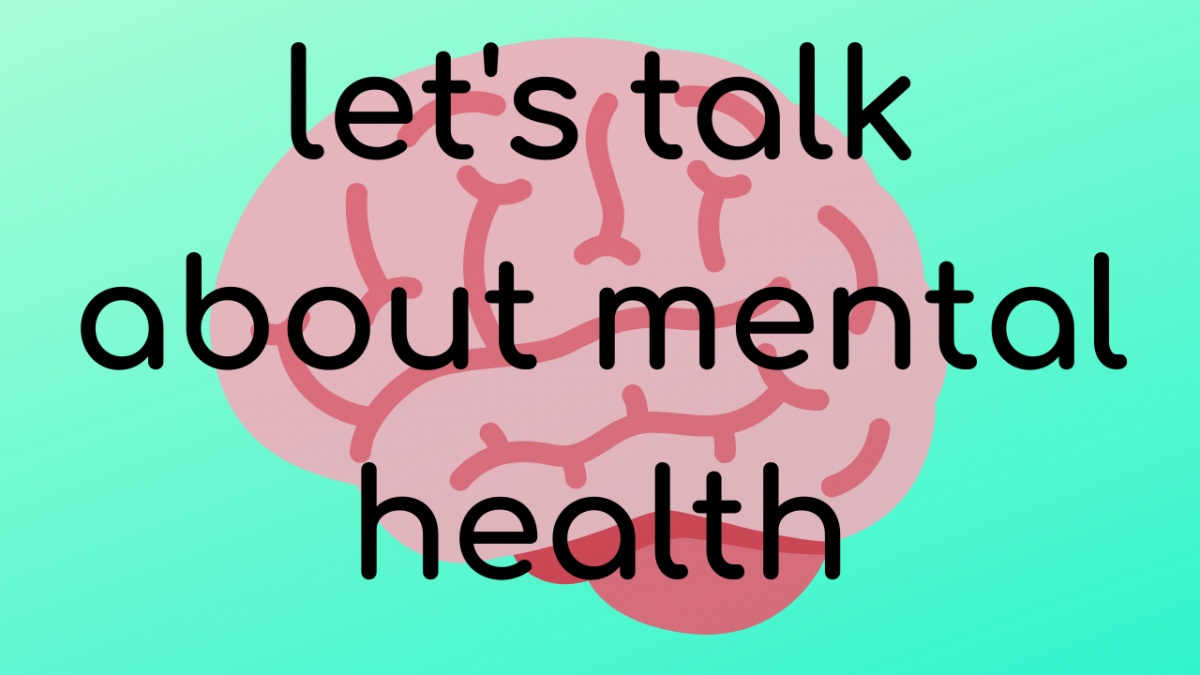Mental Illness Stigma: is it real, or all in our heads?
From a young age, we’re told to express our emotions and that it’s okay not to be okay. But when we get older and we’re experiencing severe emotions which may be symptoms of depression or anxiety, we’re told to do mindless activities like going for a jog, taking a bath, taking deep breaths, and smile. We’re told this because of the stigma that’s settled its way around mental illness like a scarf on your neck in December.
The mental illness stigma is classified by two different types. First, there’s a social stigma which is the prejudiced attitudes conveyed through people that society fuels with myths about mental illness. Second is the self-perceived stigma, this is an internalized stigma by the person enduring mental illness.
When you see a child or adolescent who can’t focus, is fidgety, and interrupts a lot what’s your first guess about them? Is it that they have ADHD or ADD? Most people automatically assume this because stigma tells them that these symptoms mean ADD or ADHD. Around 6 million children are diagnosed with ADHD or ADD every year. As children, our frontal lobe isn’t fully developed which causes us to act “fidgety”, “impulsive” and “unable to focus”. What people fail to realize is that not every child has ADHD or ADD, they’re just acting like children. As a result, in the past eight years, there has been a 42% increase in ADD/ADHD diagnoses. This increase is because when a child is fidgety or can’t stop interrupting people automatically presume they have ADHD and take them to the doctor. Which is also why 20% of children grow out of their diagnosis by adulthood. (Kimberly Holland and Elsbeth Riley, ADDRC).
If 1 in every 5 teens have a mental illness then in a cafeteria filled with children, two students at every lunch table are experiencing symptoms of mental illness
As many wise people have said, “When you tell people you have a broken arm they rush to sign your cast and help you, but when you tell them that you have a mental illness they run away.” This is because people seem to think that if you can’t see it then it’s not real. With a broken arm, you know that something is wrong because it doesn’t look normal or it’s in a cast and they have pictures to prove it. This validates your pain and since people can see that it’s real they’ll want to help you. Mental illness is different because it’s literally all in your head. There’s nothing you can show to people that’ll validate the existence of your mental illness. Which leaves outsiders to believe that it isn’t real. This can be very painful for someone with a mental illness to hear.
Another reason the stigma is so prevalent is because people think of illness as purely an acute care setting and you go in and get taken care of and you leave. In an interview with Child Mind Institute Patrick Kennedy (Rhode Island House of Representatives member for 16 years) said “as a kid the excuse [for going to therapy] was, well, your parents are getting divorced” but as an adult, he thought “I should have gotten a handle on this. I shouldn’t need it anymore”. But for mental illness you need constant care, going back for help isn’t a fail, it’s a win because you’re maintaining your recovery.
Mass media like social networking and news stations is also a big culprit for the mental illness stigma. When someone commits a crime or does something unsettling they’re given the label of “crazy” because they have a mental illness. But why are all mentally ill people blamed for a small percent of other people’s uncontrolled actions? Even our own president says “Mental illness and hatred pull the trigger, not the gun” (Elizabeth Thomas, ABC News). Mental illnesses such as schizophrenia are seen as so disruptive to society that they need to be isolated in a mental hospital or “nut house”. People with mental illness suffer from overgeneralization in media portrayals; everybody with a specific condition is expected to portray the same characteristics of the disease. When in reality mental illness manifests itself differently in everybody. Media portrayals don’t include the fact that many people with mental illness don’t share their diagnosis with people around them. Media puts a stigma on mental disorders by giving inaccurate information. (Very Well Mind).
World Mental Health Day is Saturday, October 10th, 2020. Take this opportunity to help destigmatize mental illness by wearing green, posting positive messages, speaking out about your own experience, or even donate to a charity like Child Mind Institute or NAMI
If you or a loved one is experiencing mental health issues contact someone using one of the numbers below for free confidential help
National Suicide Hotline: 1-800-273-8255
Crisis Text Line: text SUPPORT to 741-741
The Trevor Project: 866-488-7386
RAINN (Rape, Abuse and Incest National Network): 1-800-656-4673

